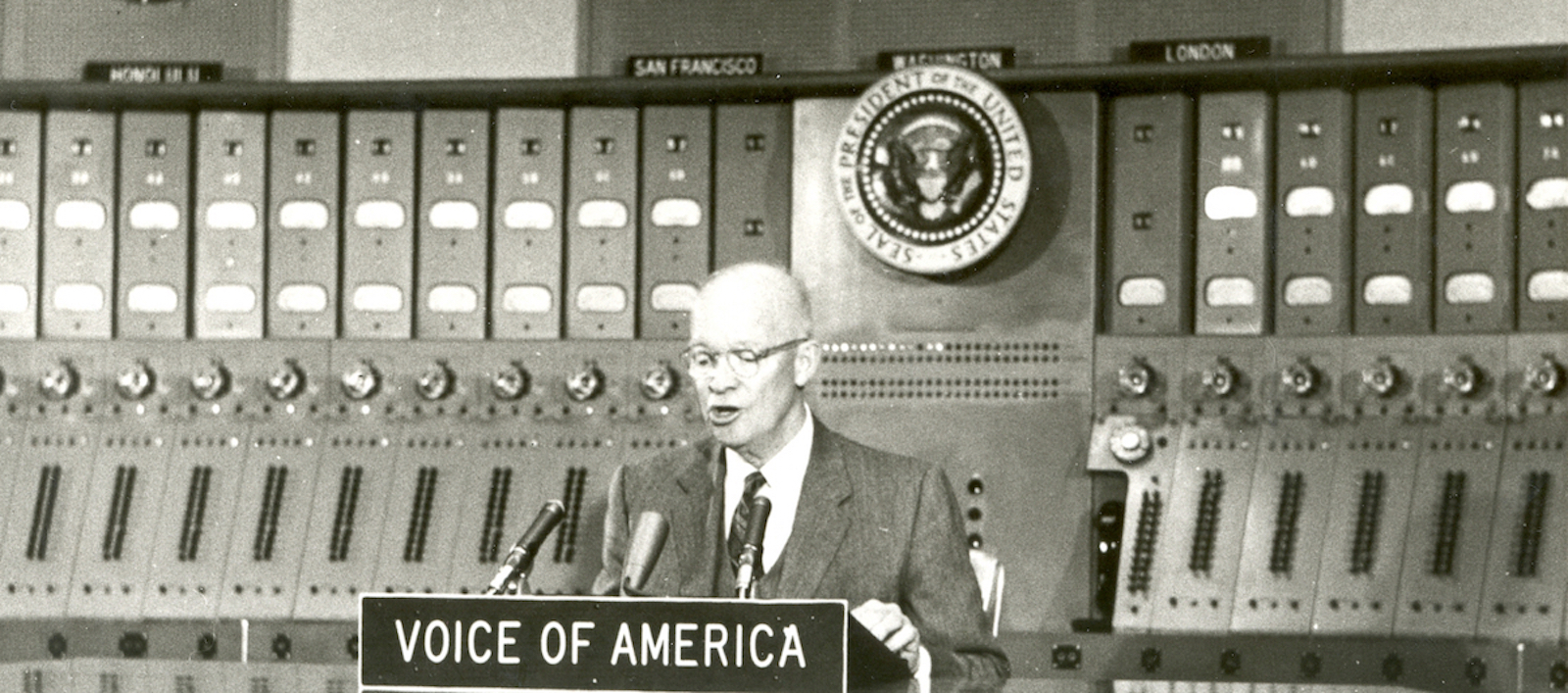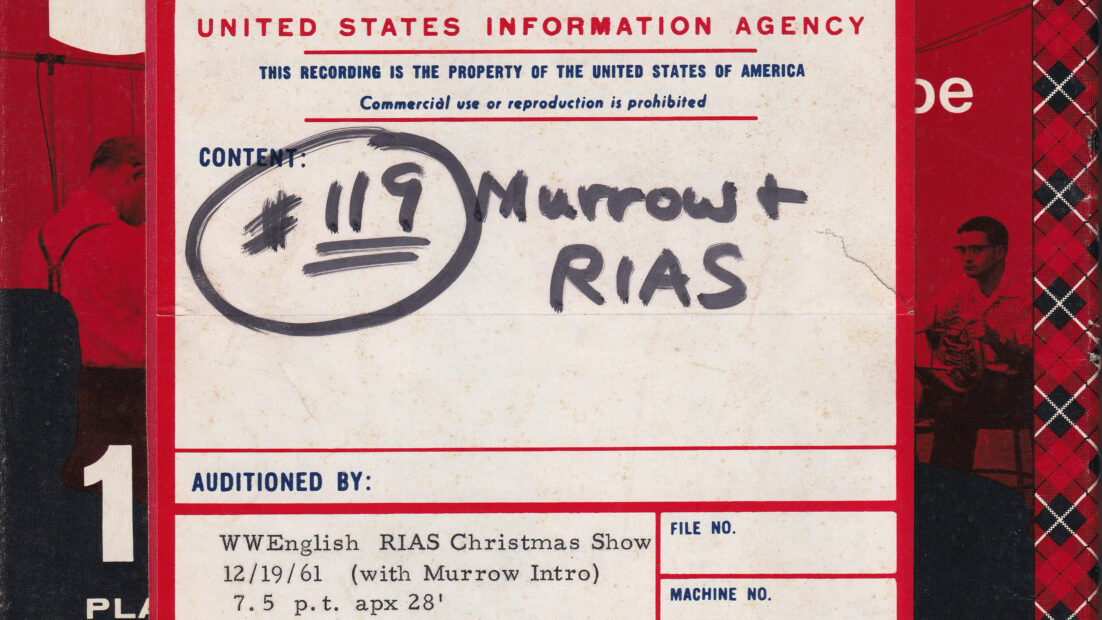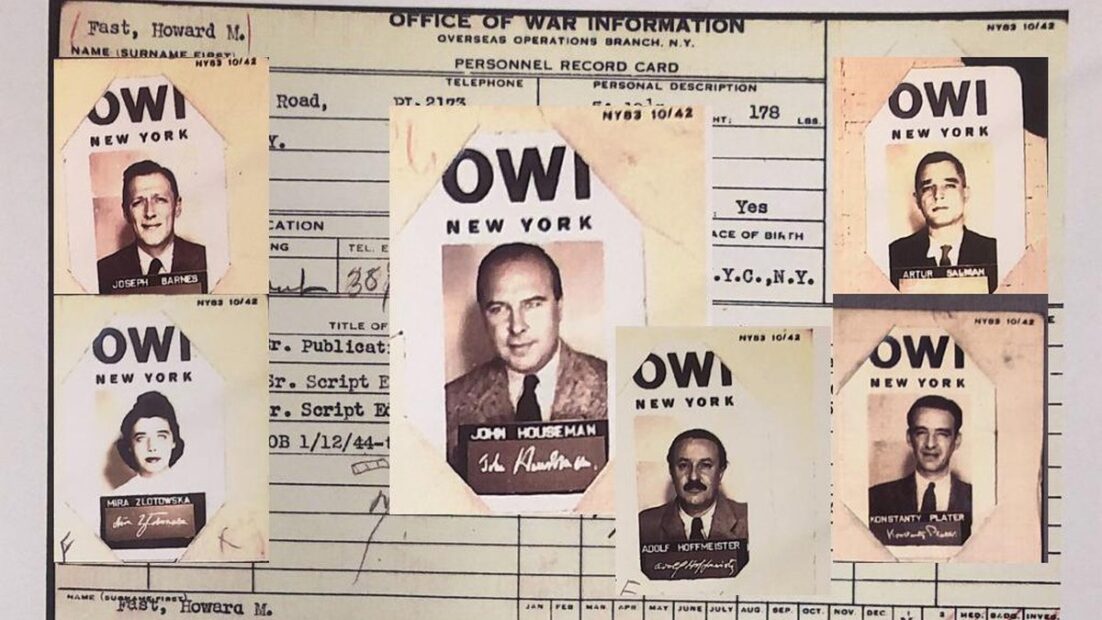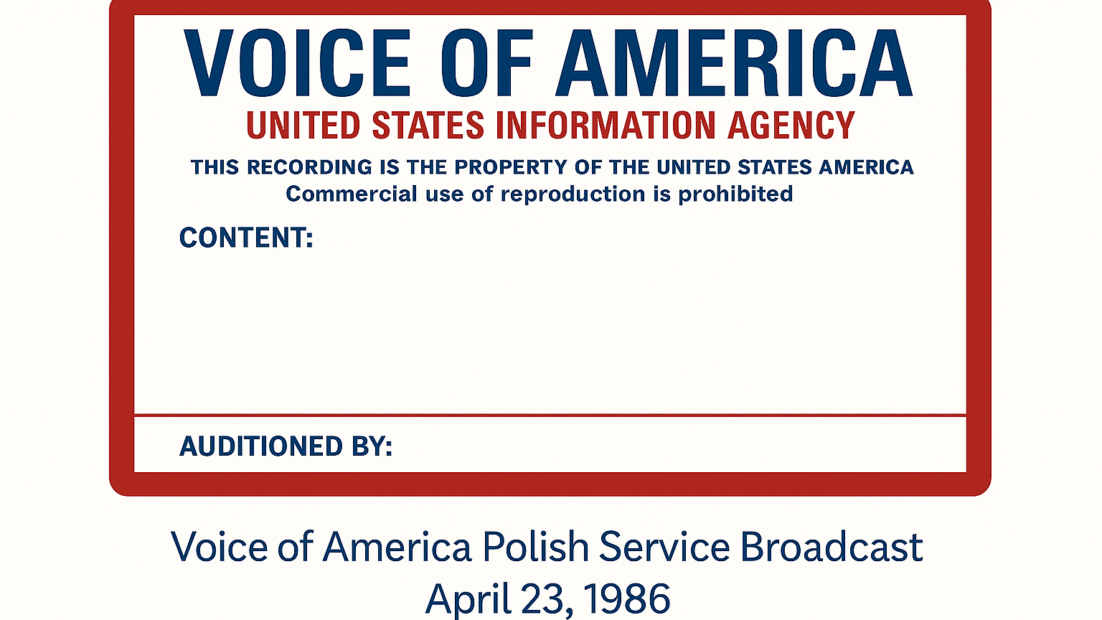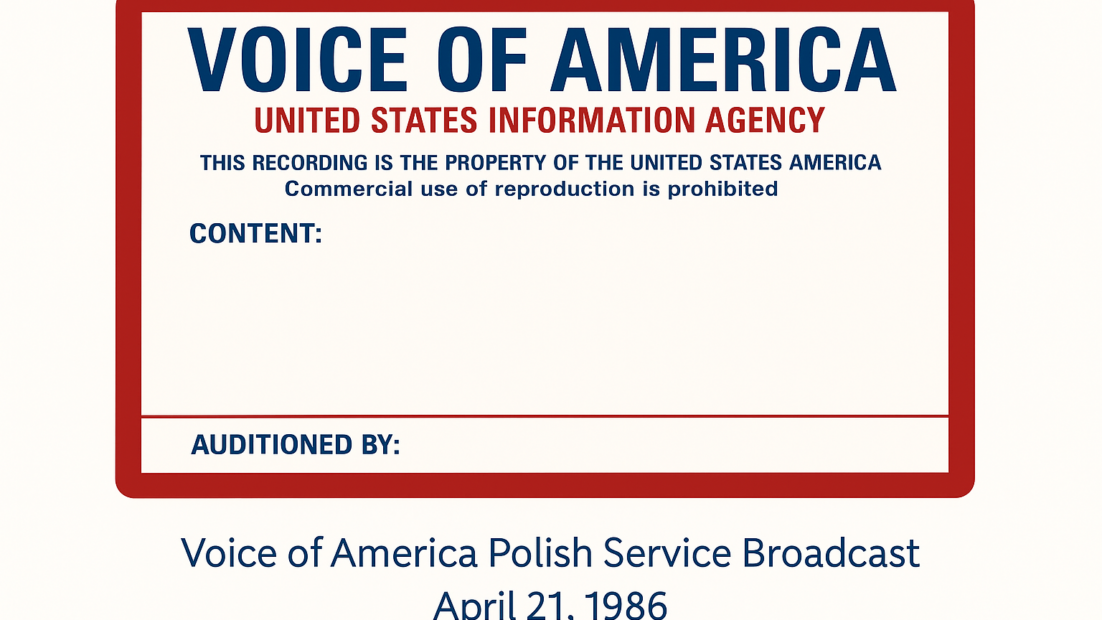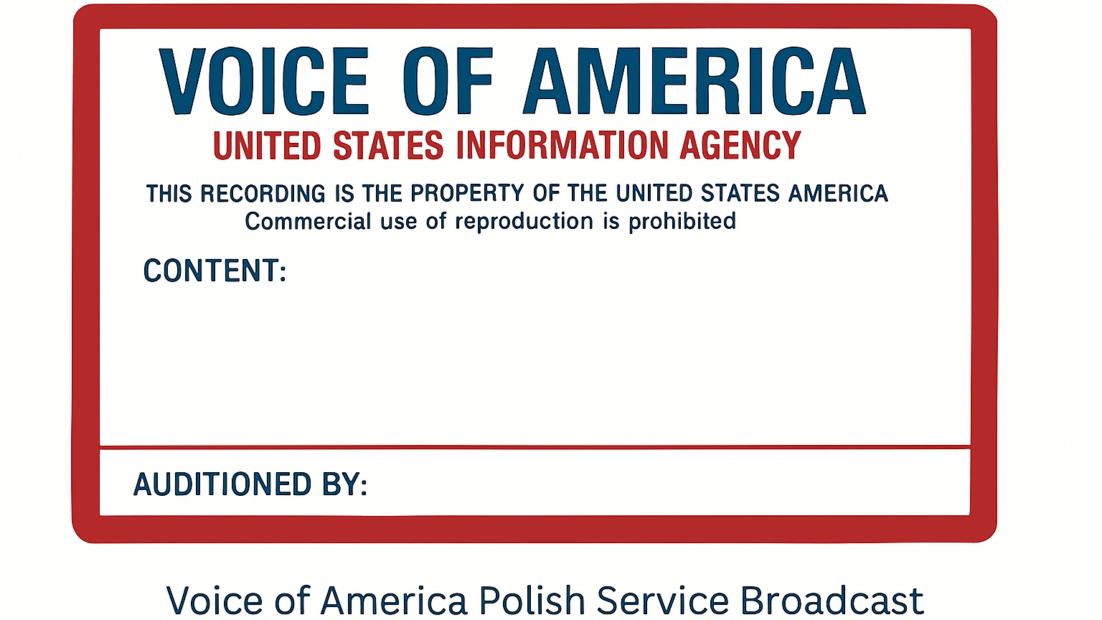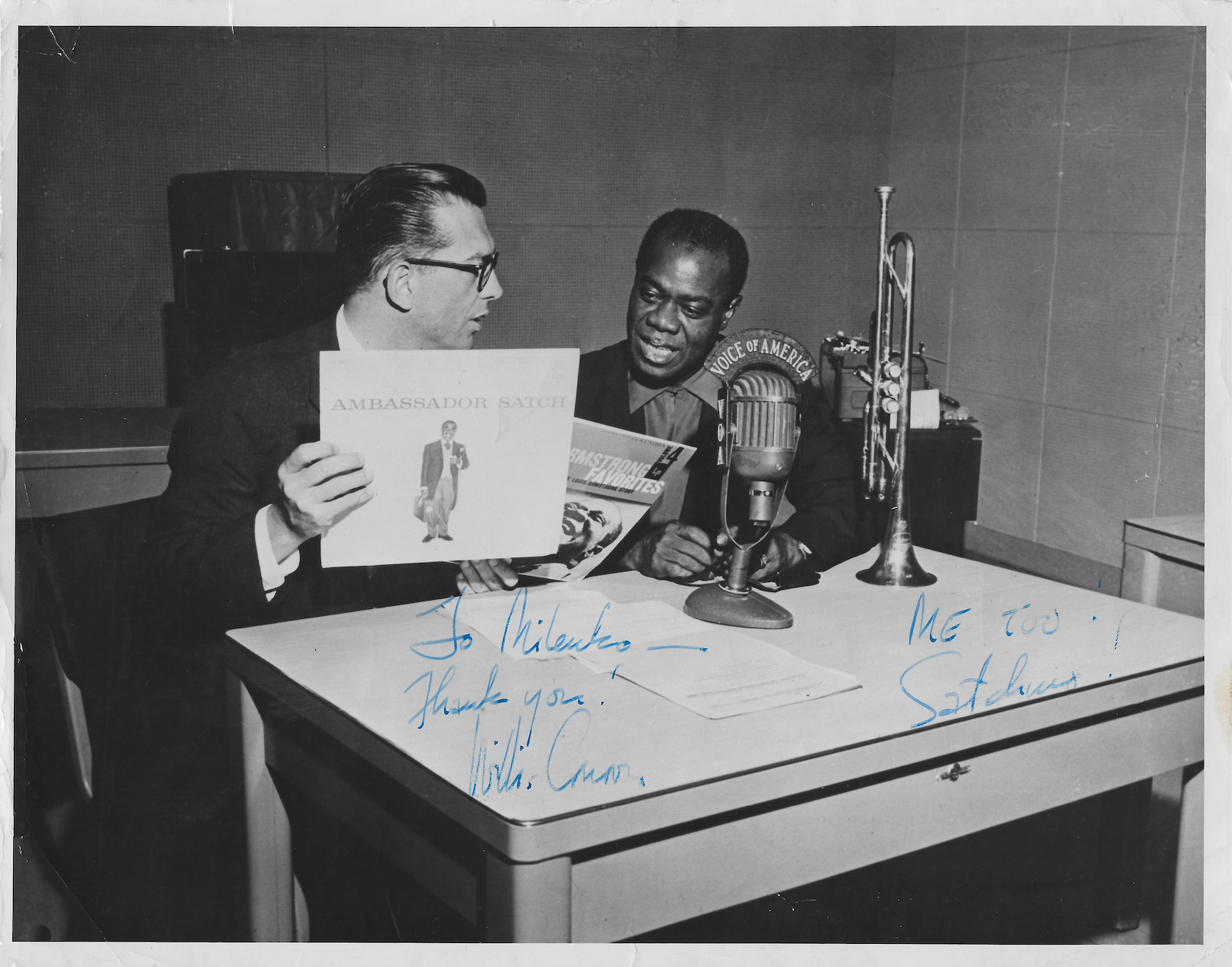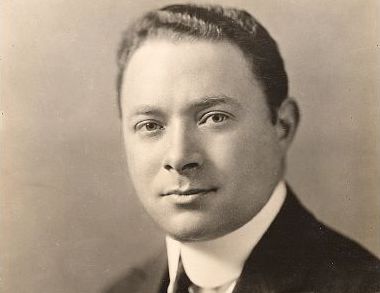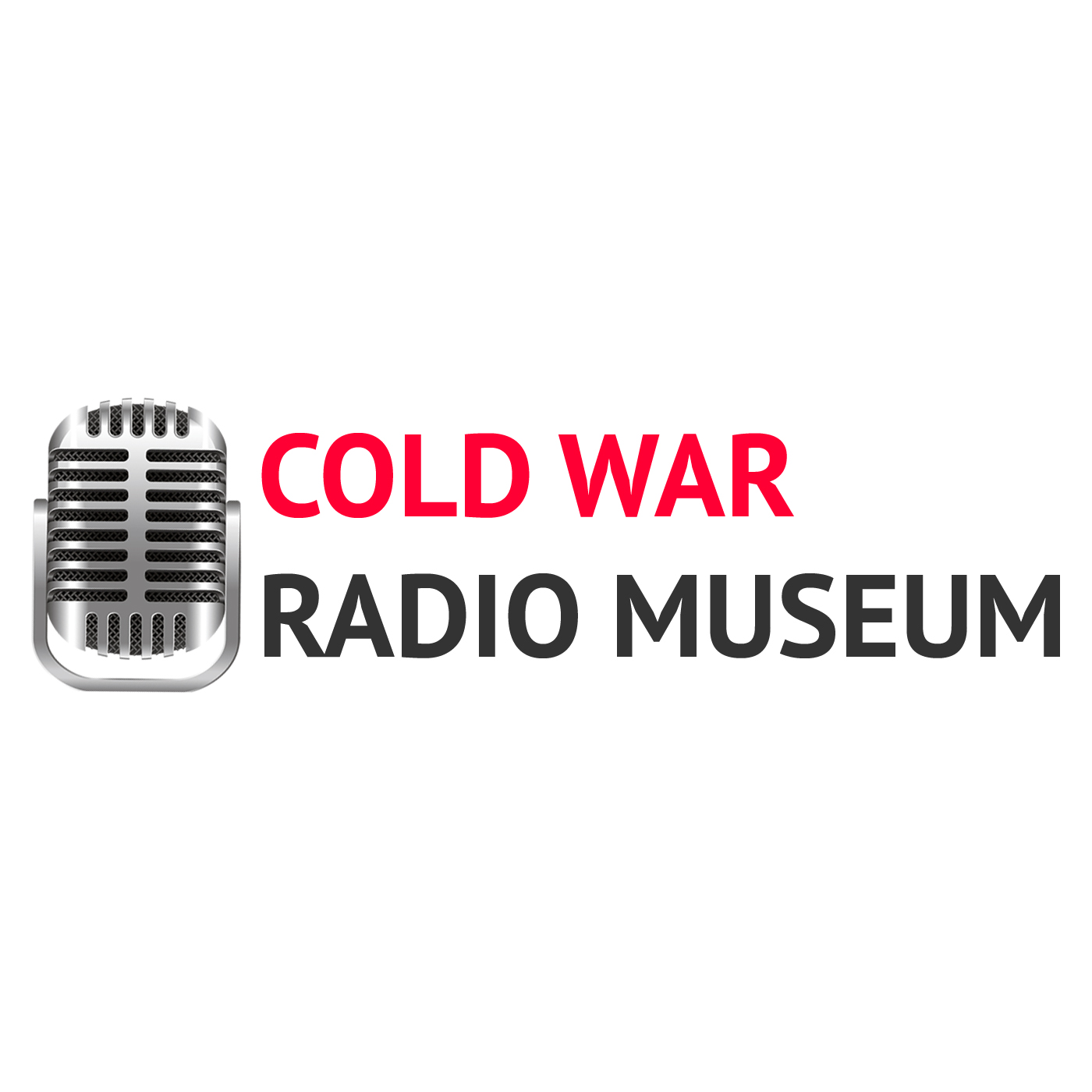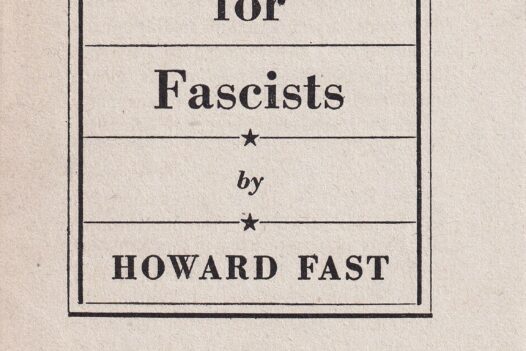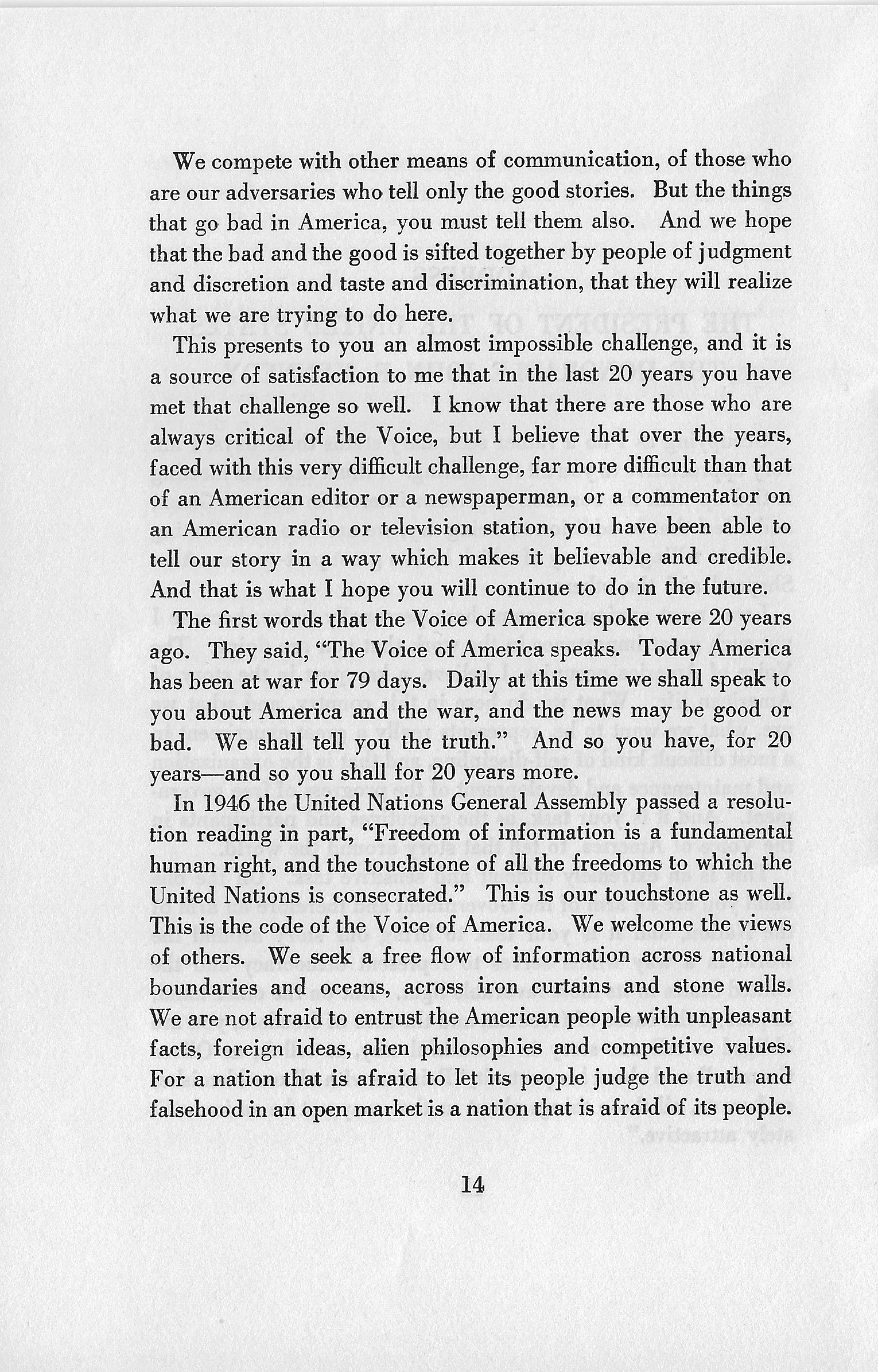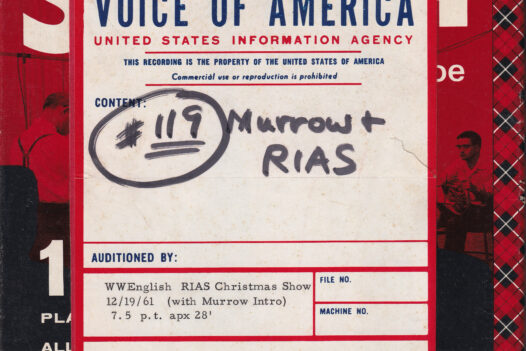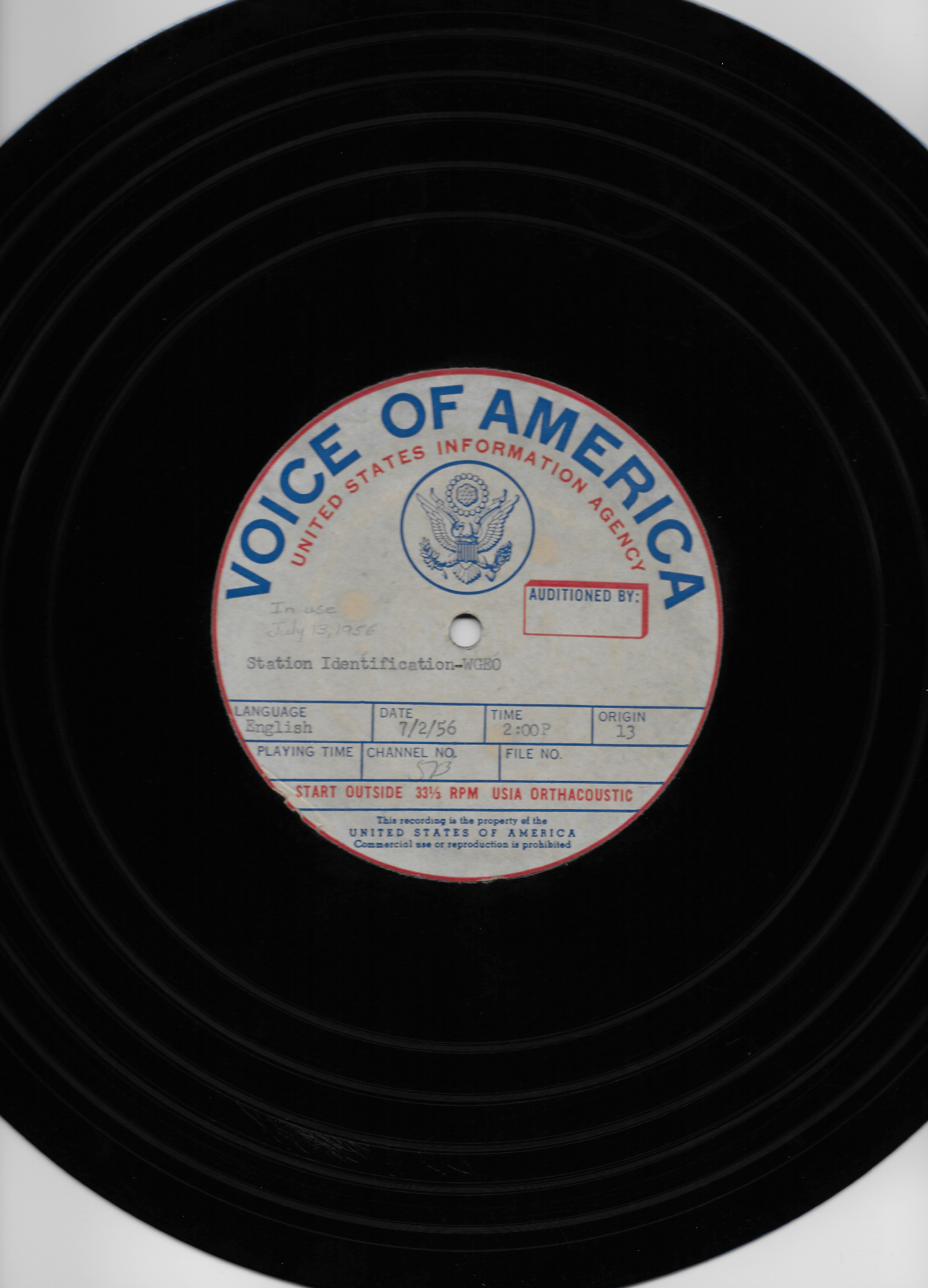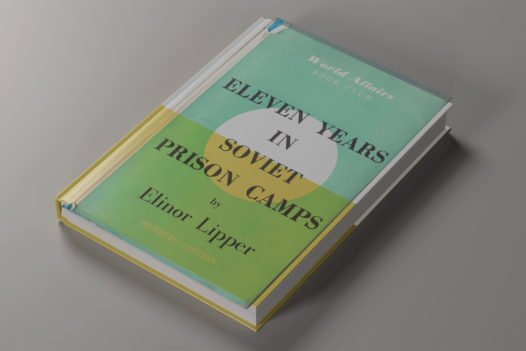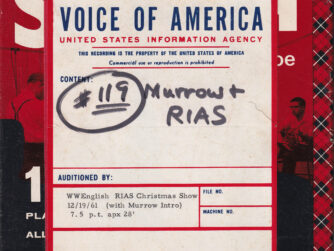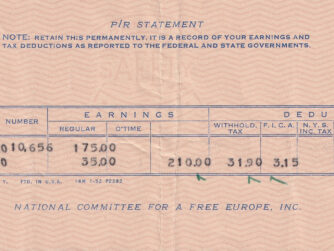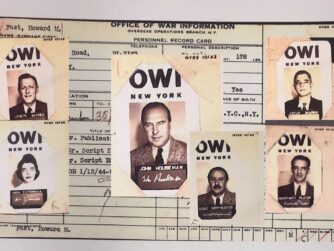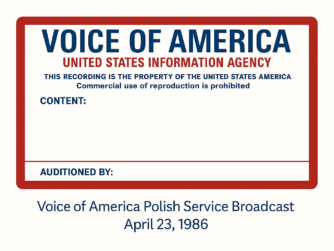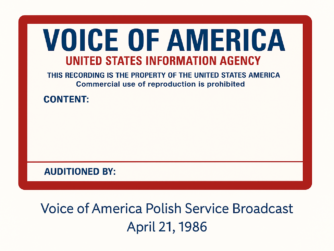Cold War Radio Museum online since 2016 to preserve the history of political radio from World War II to the present.
HistoryCold War Radio
Featured
View allLatest from Museum
Read/Listen/View allRecovering a forgotten Voice of America / RIAS relay preserved on magnetic tape At a glance Listen first: Murrow’s introduction + RIAS Christmas...
How the Radio Free Europe Fund used civic pageantry, fundraising, and public campaigns to support a covert Cold War broadcasting operation...
A Paycheck from the “National Committee for a Free Europe”: A Small Document from a Covert Cold War Operation Payroll Statement (P/R Statement)...
John Houseman — OWI producer, later mythologized as “first VOA director” and champion of truthful news reporting. Houseman’s Role in VOA Propaganda...
Digitally restored 30-minute archival recording by VOA Central Recording for the National Security Agency (NSA) Introduction In April 1986, amid Cold...
🎙️ The VOA Polish Service in the Cold War Context The Voice of America (VOA) Polish Service broadcast was aired from Washington and hosted...


